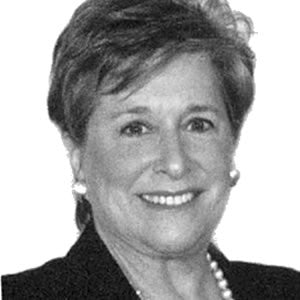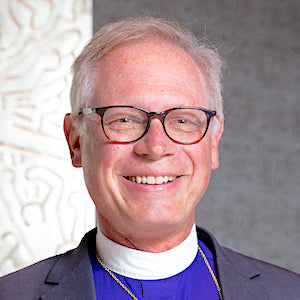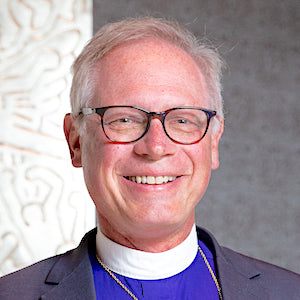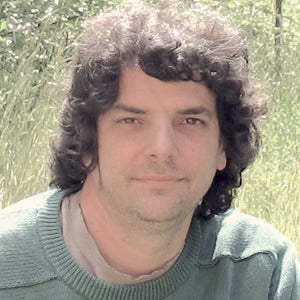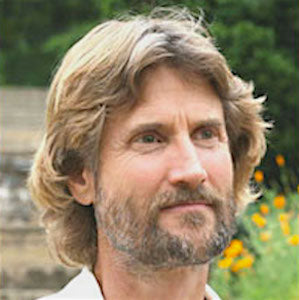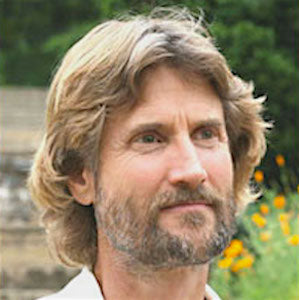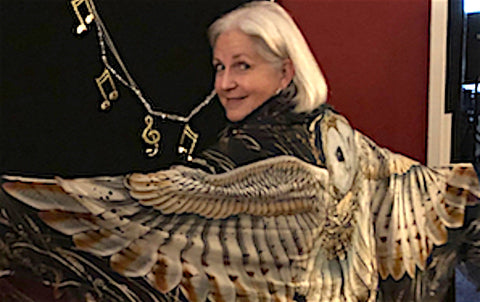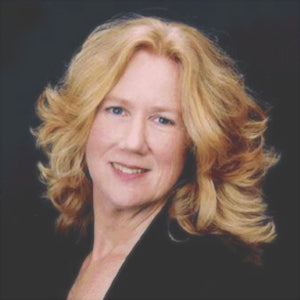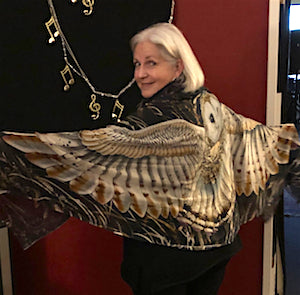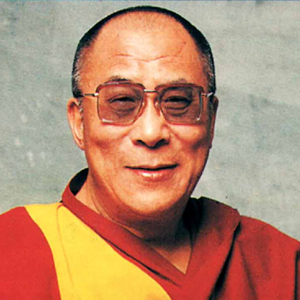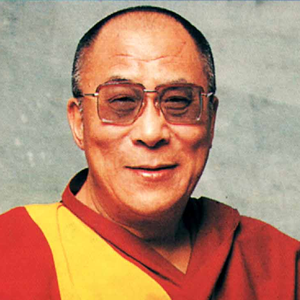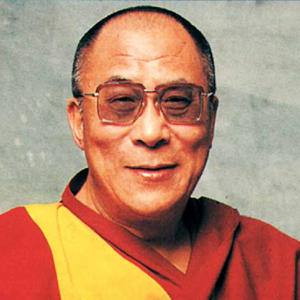The Quakers, Forging America’s Identity with Susan Sachs Goldman
Product Tags
- American Friends Service Committee
- antislavery movement
- Emily Balch Green
- Hull House
- Jane Adams
- John Woolman
- Levi Coffin
- Lucretia Coffin Mott
- pacifists
- peace
- peace corps
- Pennsylvania
- Puritans
- Quakers
- Seneca Falls Convention
- Settlement Movement
- social reform
- suffragettes
- Susan B. Anthony
- Susan Sachs Goldman
- The Holy Experiment
- Thomas Jefferson
- Underground Railroad
- Voltaire
- William Penn
- Women’s rights

